The history of Brunel
Connecting professionals for more than half a century
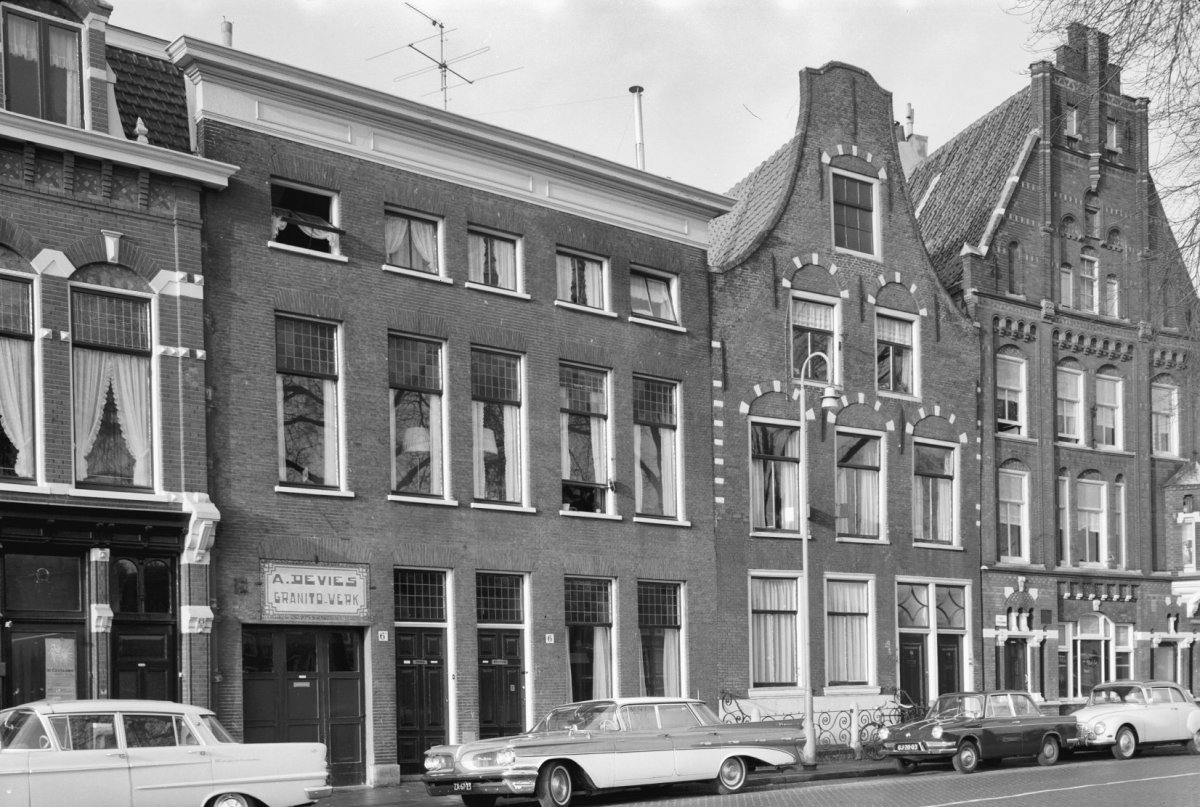
Connecting professionals for more than half a century
For half a century, Brunel has stood at the forefront of global talent and innovation, connecting specialists with pioneering projects. What began in 1975 as a bold vision to match technical expertise with opportunity has evolved into a worldwide network of specialists driving progress across energy, engineering, life sciences, and beyond. As we mark our 50th year, we celebrate not only our milestones, but the people, partnerships, and passion that have shaped our journey.
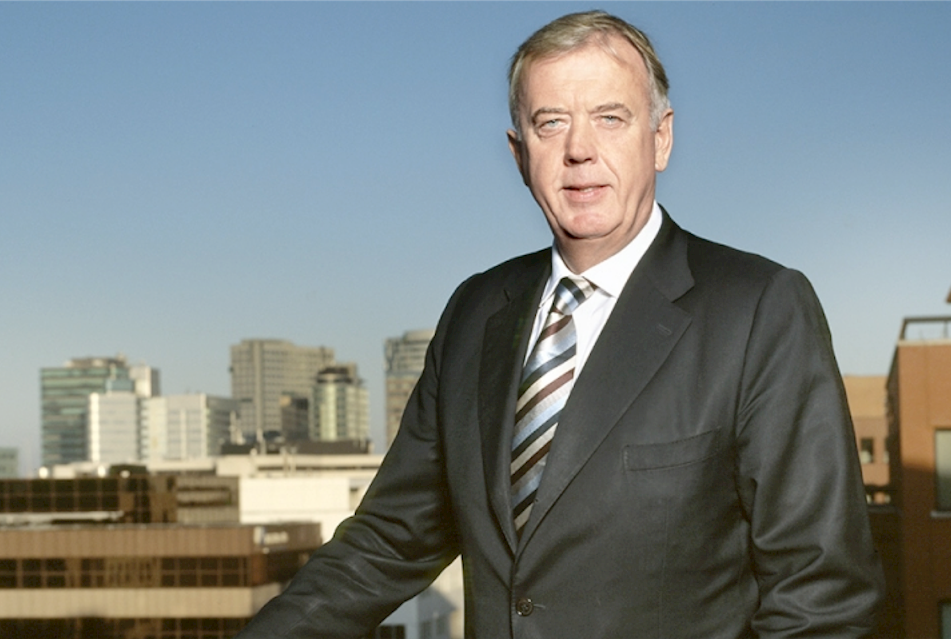
This was the year that Jan Brand, a graduate engineer himself, placed his first fellow engineer in a temporary position. With this first step, Jan Brand distinguished himself as a pioneer in the development of the temporary employment sector. Over the years this would become an international industry and an indispensable stabilising factor in local and international labour markets. This first placement, made when the company was operating under the name of Multec, also marks the beginning of Brunel's colourful history.
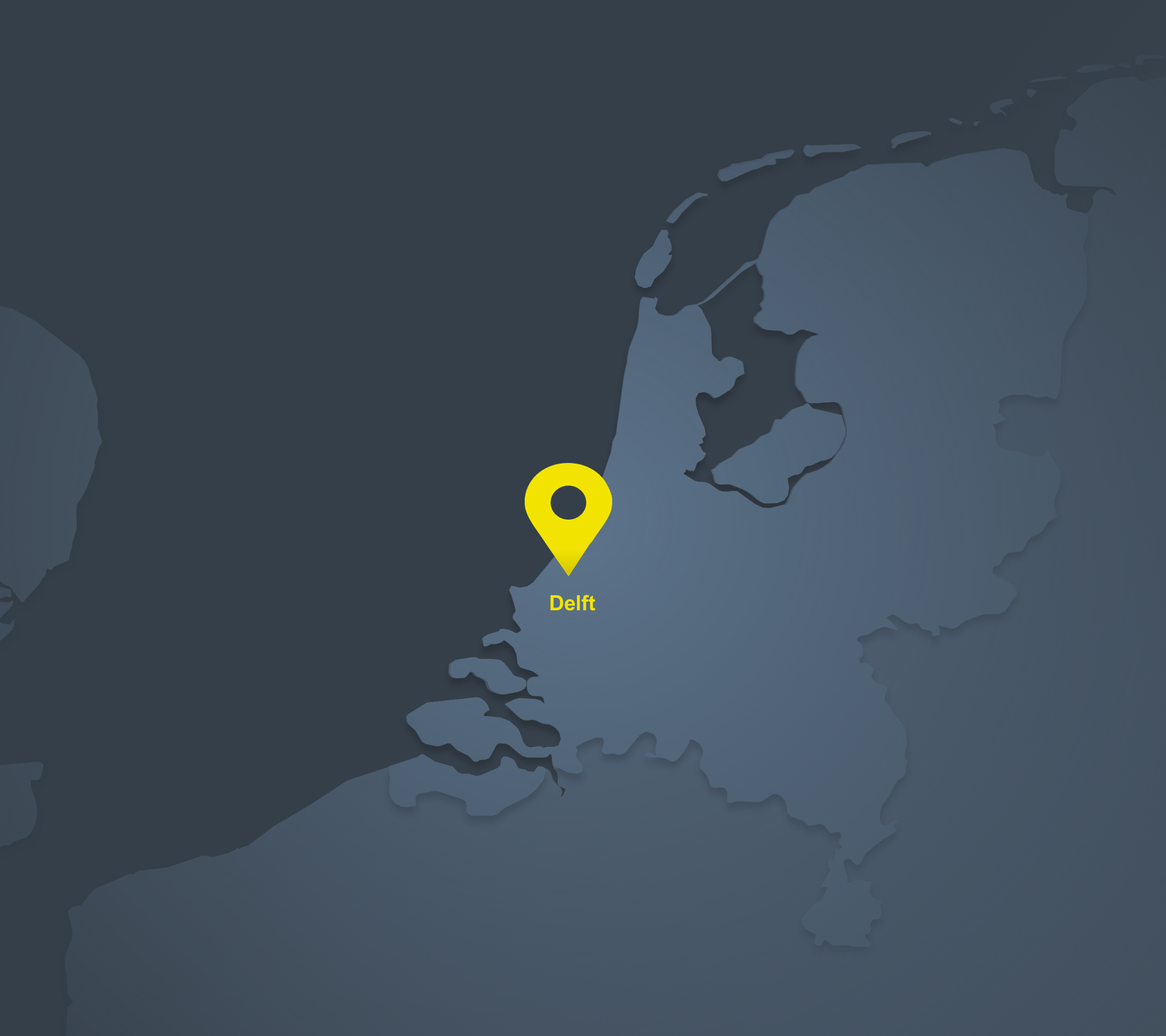
The first office
Typical of these early years was the emphasis on placing highly qualified, technical specialists. Even now Brunel is still known for this focus. The first office was established in Delft, the same city where Jan Brand attended university and a city that attracts many young engineers.

Rapid growth
The business of temporary placement of engineers experiences rapid growth. Companies are quick to realise how flexibility can enhance their processes. Newly graduated engineers know that working on a range of different projects for various companies will accelerate their own careers. This winning formula leads to new company offices. The Multec flag is soon waving in every Dutch city with a technical university or polytechnic. This operation runs with almost military precision: as soon as one office grows and flourishes, another one is in the works.
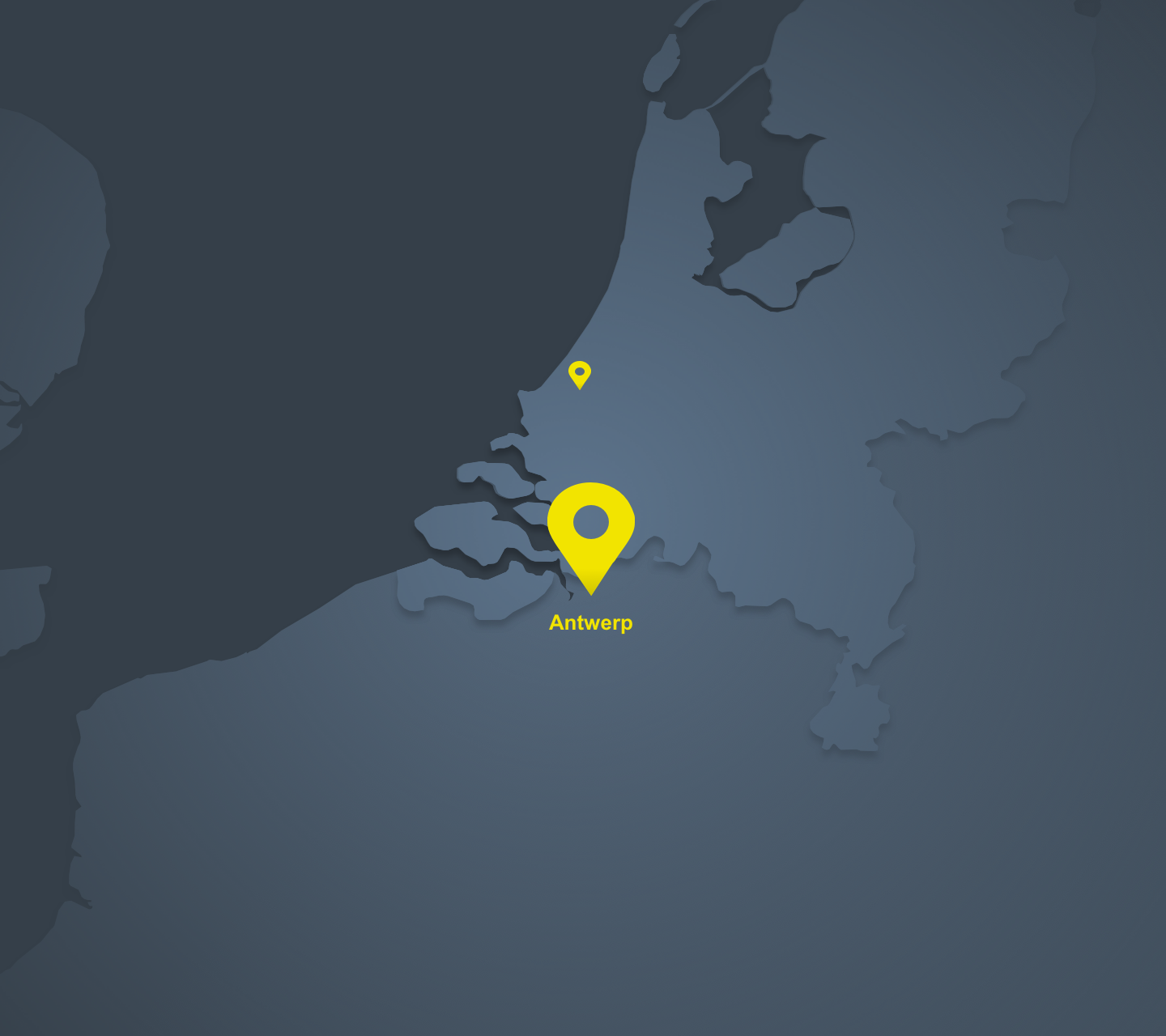
First foreign office: Belgium
The development of Brunel enters a new phase with the opening of its first office in a foreign city: Antwerp, Belgium. Brunel still remains true to the formula that had made the company so successful until then: small, highly motivated sales teams and the placement of highly qualified candidates in technical settings. At the same time, the company is aware that the formula for each new region requires adaptation to cultural differences as well as variations in labour market structure and legislation. These lessons learned, Belgium becomes a relatively small but solid business unit within Brunel.

Multibranding
The history of Brunel is characterized by growth, new steps, and expansion. Recognizing the old saying, “Let a thousand flowers bloom”, a number of measures are taken to stimulate the company’s growth even more. Brunel becomes a springboard for young, enterprising people. Ingenuity and creativity play key roles in the company’s success. Besides Multec, new activities such as Grace BV are launched. New foreign adventures are also planned; it becomes evident that the rise of the temporary employment industry is not just a Dutch phenomenon but an international one.
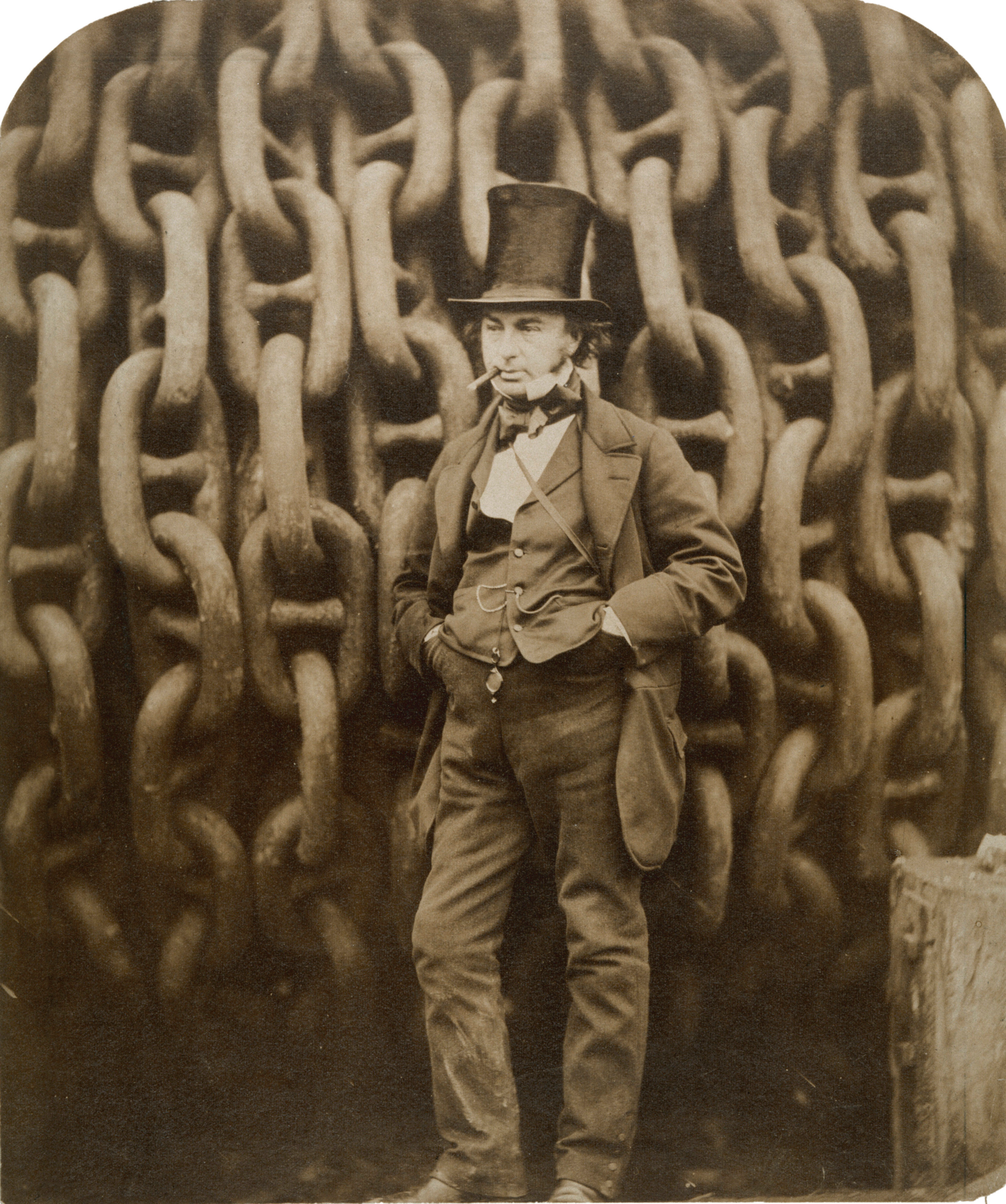
Introducing a single corporate name: Brunel
From 1989, non-engineering markets were also entered into: IT, Finance, Insurance & Banking, and Legal. A name change was in order and Brunel was chosen for the well-known and innovative British engineer Isambard Kingdom Brunel. This engineer is perhaps best known for his design of a series of bridges and the Great Western Railway. Brunel was renowned for the use of new, unconventional techniques and for creating works that would previously have been considered impossible. His technical genius paved the way for a new era in engineering. Isambard Kingdom Brunel is still acclaimed as the greatest engineer in British history.

Non-engineering activities
During its first fifteen years, had Brunel focused specifically on placing technical professionals. This changed in 1989 with the founding of Euromatch, a business unit that places highly qualified specialists in non-engineering fields. The principle of ‘specialists placing specialists’ is deeply embedded in Brunel’s DNA, and the company remains true to this principle through its market diversification. During a later phase, Euromatch leads to the formation of new, independently-operating companies: Brunel ICT, Brunel Legal, Brunel Finance, and Brunel Insurance & Banking. Each new professional field is the formation of a new biotope, fostering the acquisition of professional expertise and knowledge of new markets.
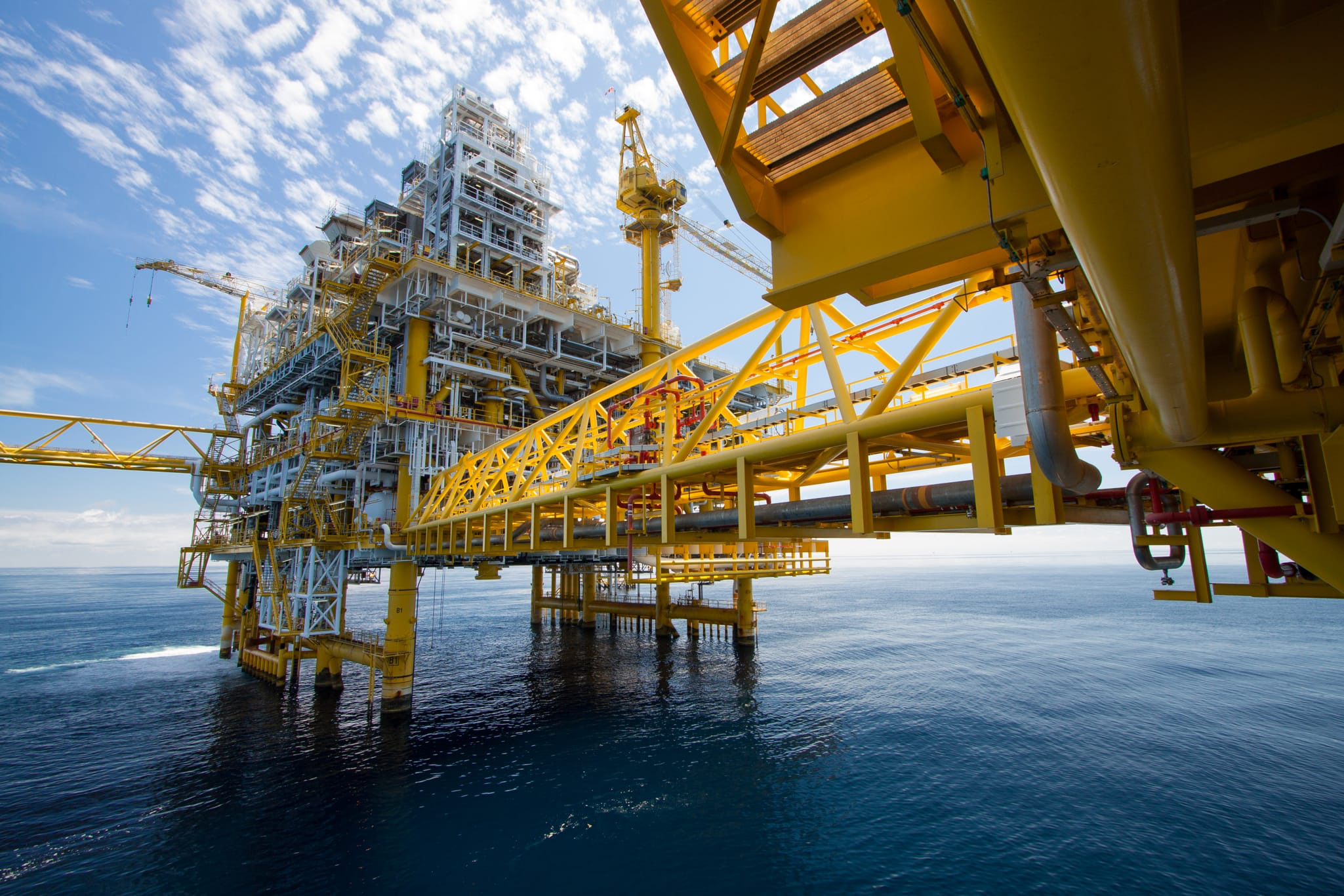
The founding of Brunel Energy
One of the sectors in which flexible labor has long been intensively deployed is in the international oil and gas sector. In 1995, Brunel sets up a separate business unit for this sector, named Brunel Energy. It quickly becomes one of Brunel’s fastest growing entities. Brunel Energy’s international network is grown through acquisitions of companies abroad, namely in Scotland. Soon, Brunel is able to provide major international oil and gas companies with highly-qualified technical personnel. Brunel Energy’s success is a superb example of the enterprising spirit of Brunel and its people: a relatively small company, conquering the world with its daring, perseverance, and ingenuity.
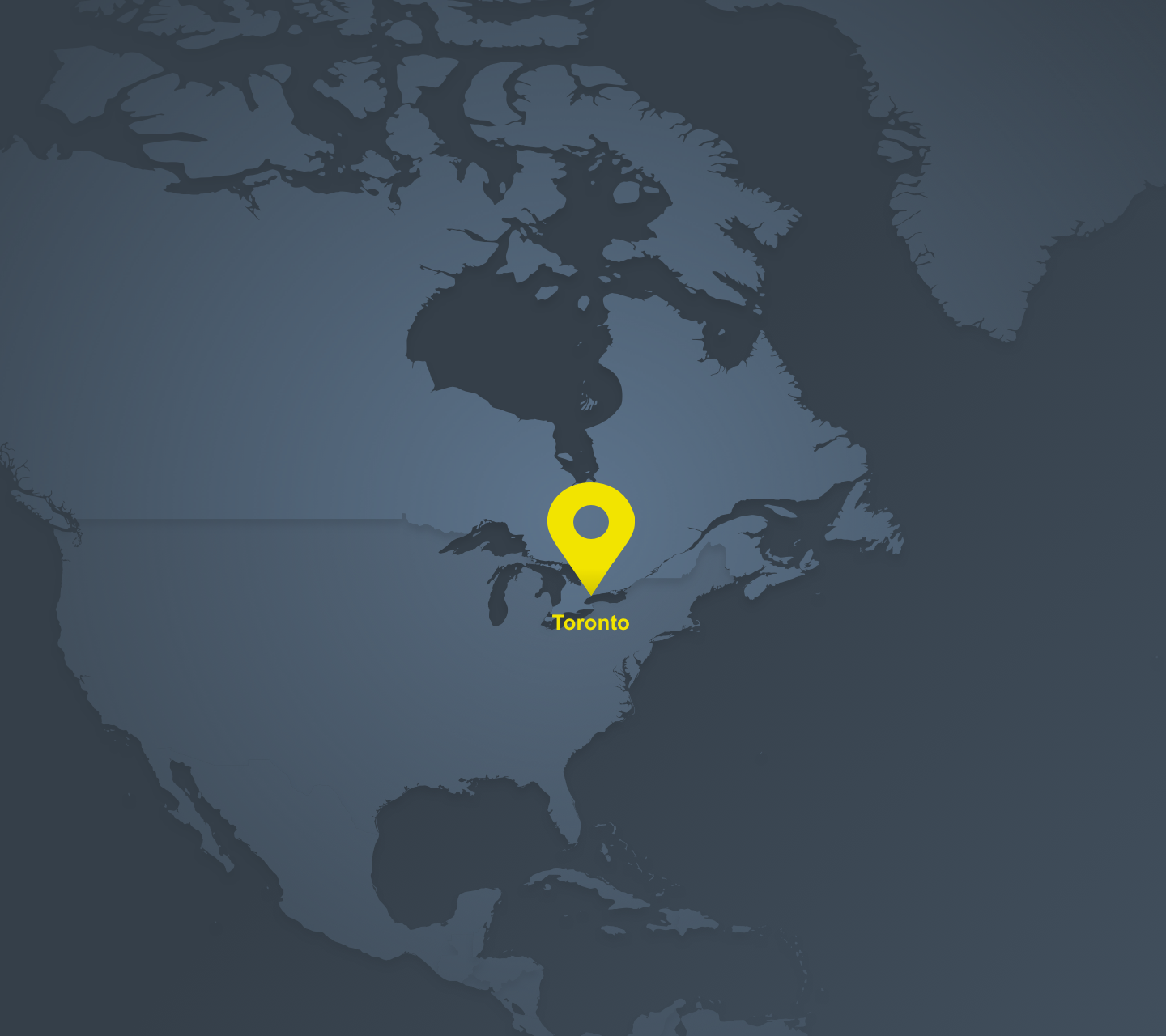
Overseas offices in Toronto, Canada
After opening its own office in Houston, Texas in 1994, Brunel enlarges its global network of offices in 1996 by acquiring two companies in Toronto, Canada. The demand for the temporary placement of high-grade technical specialists is growing in Canada, and Brunel has the ideal system for this market. These acquisitions serve two purposes: to capture a permanent position in the North American temporary employment market, and to create an important base of operations for Brunel Energy to serve the international oil and gas sector. Brunel Canada has experiencing steady growth since 1996, and is a permanent bastion in Brunel’s network of offices today.
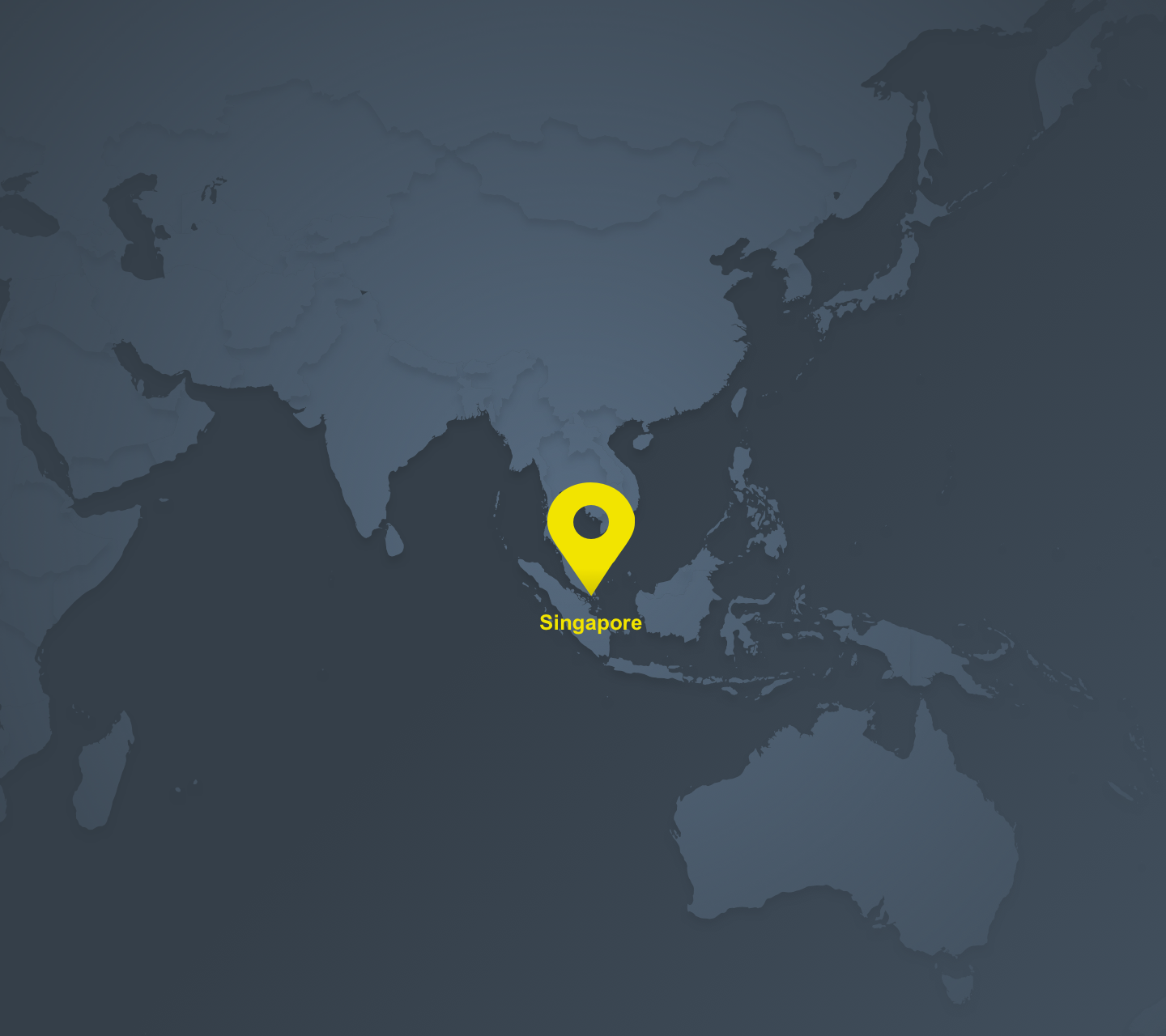
Brunel starts operations in the Asia-Pacific region
The services that Brunel Energy provides to the international oil and gas sector necessitate the establishment of offices in the Eastern Hemisphere. The acquisition of Oil Tools in Singapore provides the first location, but this is just the first of many offices that are opened in Asia and Oceania. Today, the Singapore entity still plays a leading role in the operations in the Eastern Hemisphere.
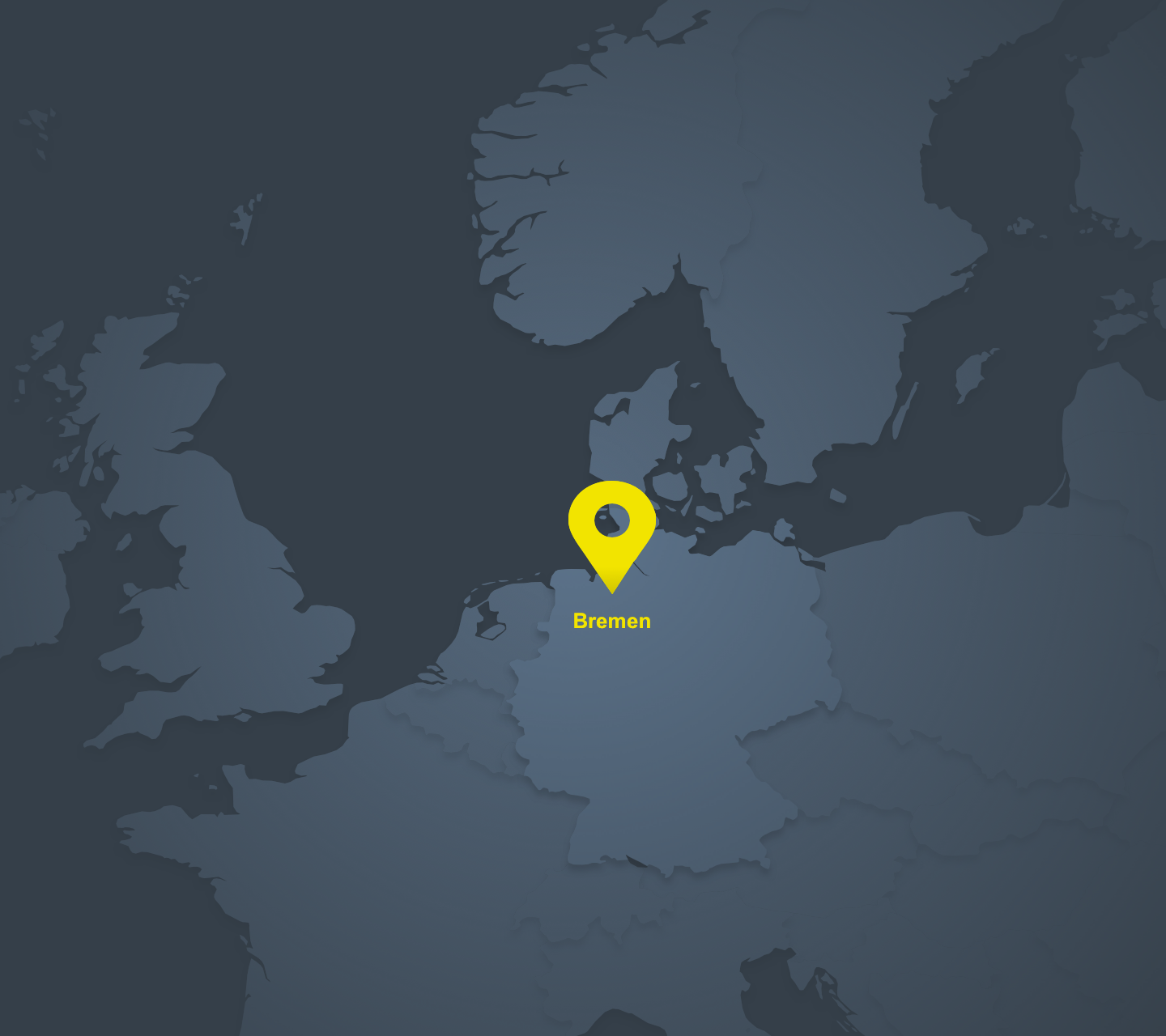
Brunel Germany
In the international labor market, Germany has always been a unique case. Several factors converge to put Germany far behind others in developing a flexible labor market. It is therefore avoided by many major temporary employment companies. Brunel, however, has its own view of the future, and saw in Germany what others did not. In 1996, the first of several Brunel offices opened in Germany. Activities in the all the major industrial segments there generate steadily-rising profits; Brunel Germany becomes another success story, and a strategic cornerstone for Brunel as an international group.
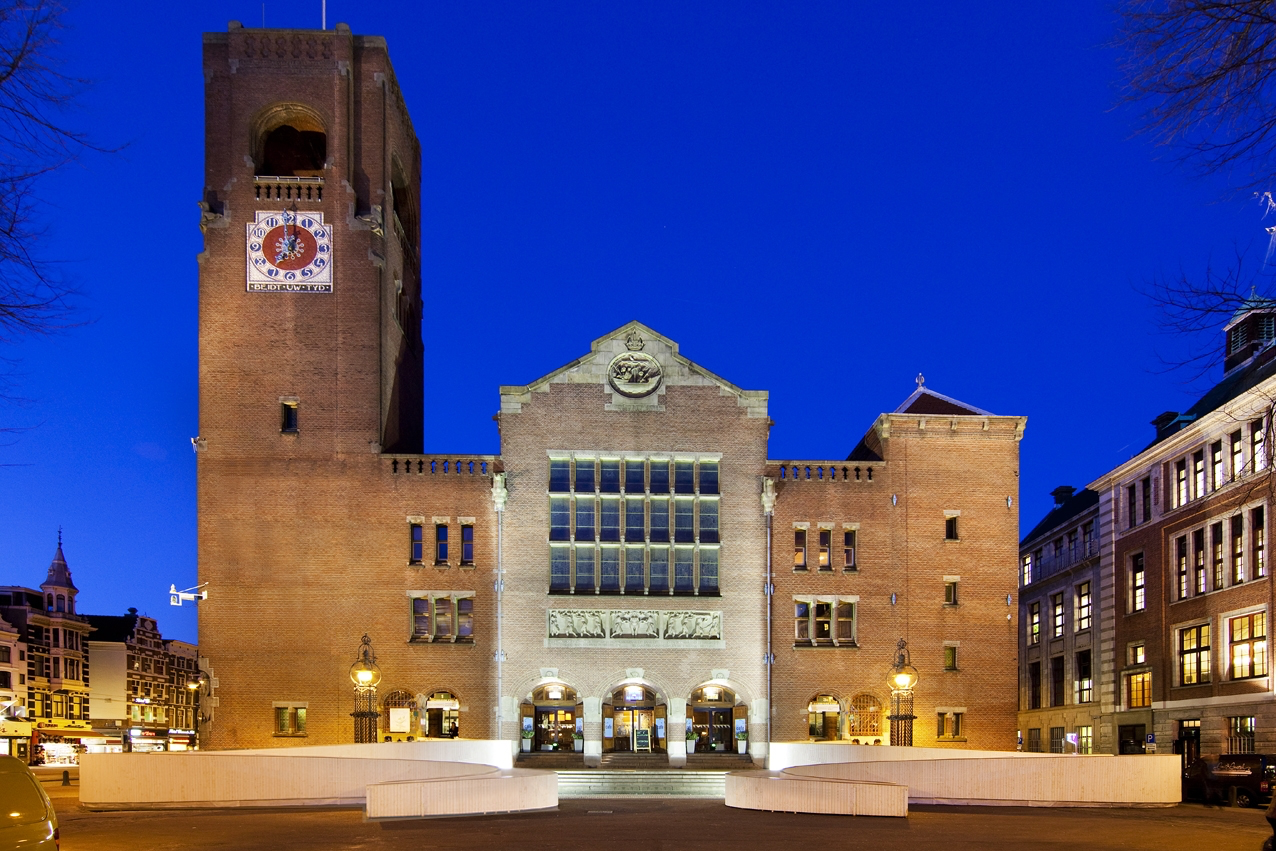
First Amsterdam Stock Exchange quotation
Twenty years after its founding, Brunel is a significant player in the growing temporary employment sector. A listing on the stock exchange provides Brunel with international status and a solid financial basis, underlying its growth strategy for the future. Since its introduction, the value of Brunel stock has fluctuated according to the whims of the stock market. After the euphoric conditions of its first years on the stock exchange, less favorable years follow as a result of the economic recession that begins in 2000. More recently with Brunel’s continuous increase of turnover and profitability, the company is now listed on the NExt Prime Segment and the Amsterdam Small Cap Index (AscX).
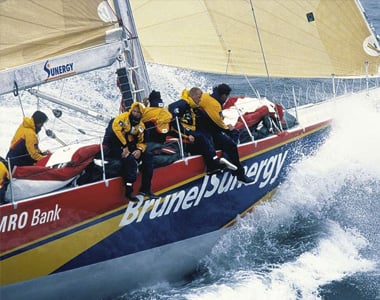
Brunel / Sunergy
In 1997, Brunel sponsors the prestigious Whitbread Race, the final edition of the longest globe-circling regatta which became a media spectacle. Along with the listing on the stock exchange and the publicity surrounding the Brunel / Sunergy team, Brunel’s image is transformed from a relatively unknown company to an imposing presence.The decision to associate Brunel with sailing is no accident. Jan Brand, the company’s founder (and the major shareholder since the company has been listed) is crazy about the sport himself. Besides this, sailing the ocean is a perfect symbol for Brunel’s international ambitions.
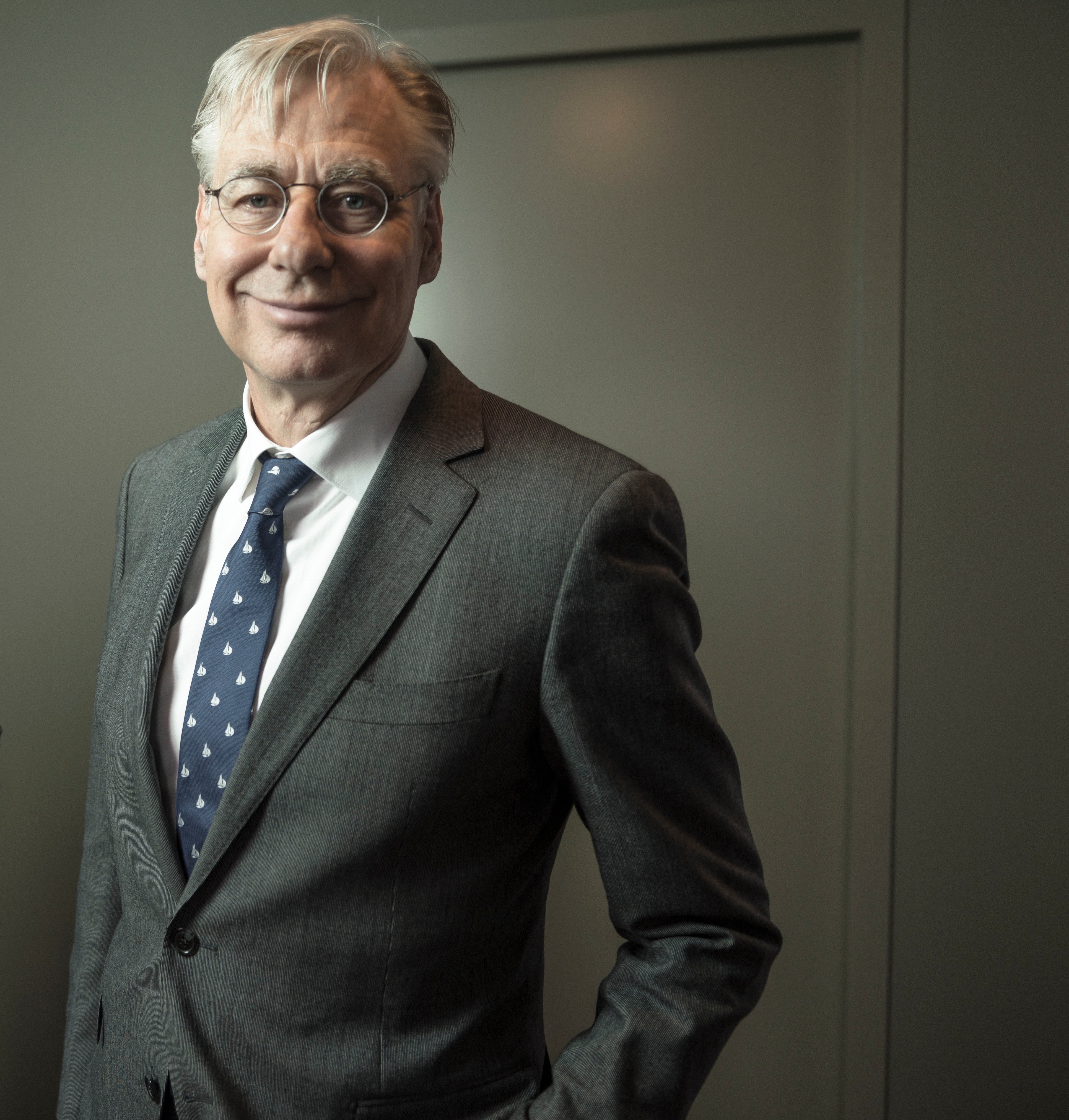
Restructuring
Brunel’s rapid growth calls for a reassessment of its organizational and management model. The emerging economic recession also affects Brunel. Far-reaching changes in the company have to be taken to ensure that Brunel can look forward to a healthy future. On the 29th of September, Jan Arie van Barneveld is appointed CEO of Brunel. He becomes responsible for leading Brunel into a new phase of its development.
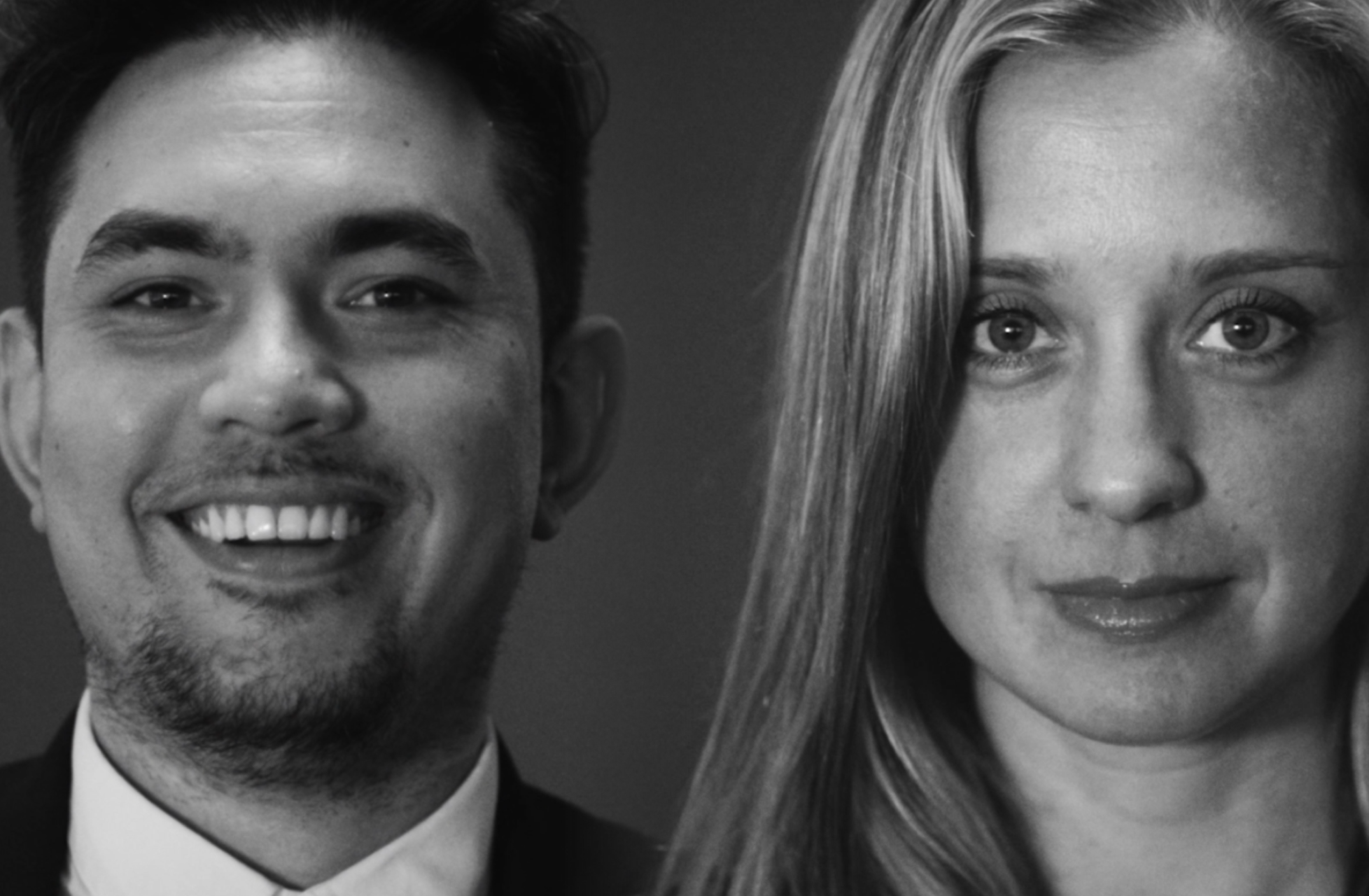
It's a people business
The placement of professional specialists will always require the personal touch. Due to the emergence of international job boards, having a candidate database is no longer a unique selling point. The account managers are what make the difference. Their expertise, experience, and mindset are the deciding factors in a candidate’s relationship with Brunel. The importance of these account managers receives even greater emphasis as part of the new strategy. Talent and management development programs are developed. In 2002, Brunel’s training and development activities are brought together under the Brunel Academy.

Working for the leading oil companies
While European markets are still struggling with the aftermath of the economic recession, Brunel Energy is growing by leaps and bounds. Its annual growth in turnover is around thirty percent, and the number of offices is increasing as well. Meanwhile, another development is occurring in the oil and gas sector. Whereas the deployment of personnel used to be a local matter, the larger companies are now tending to appoint partners who can provide a worldwide service. Brunel qualifies as one of the first to satisfy this demand. Large-scale, long-term commitments are new contributors to the development of Brunel Energy.
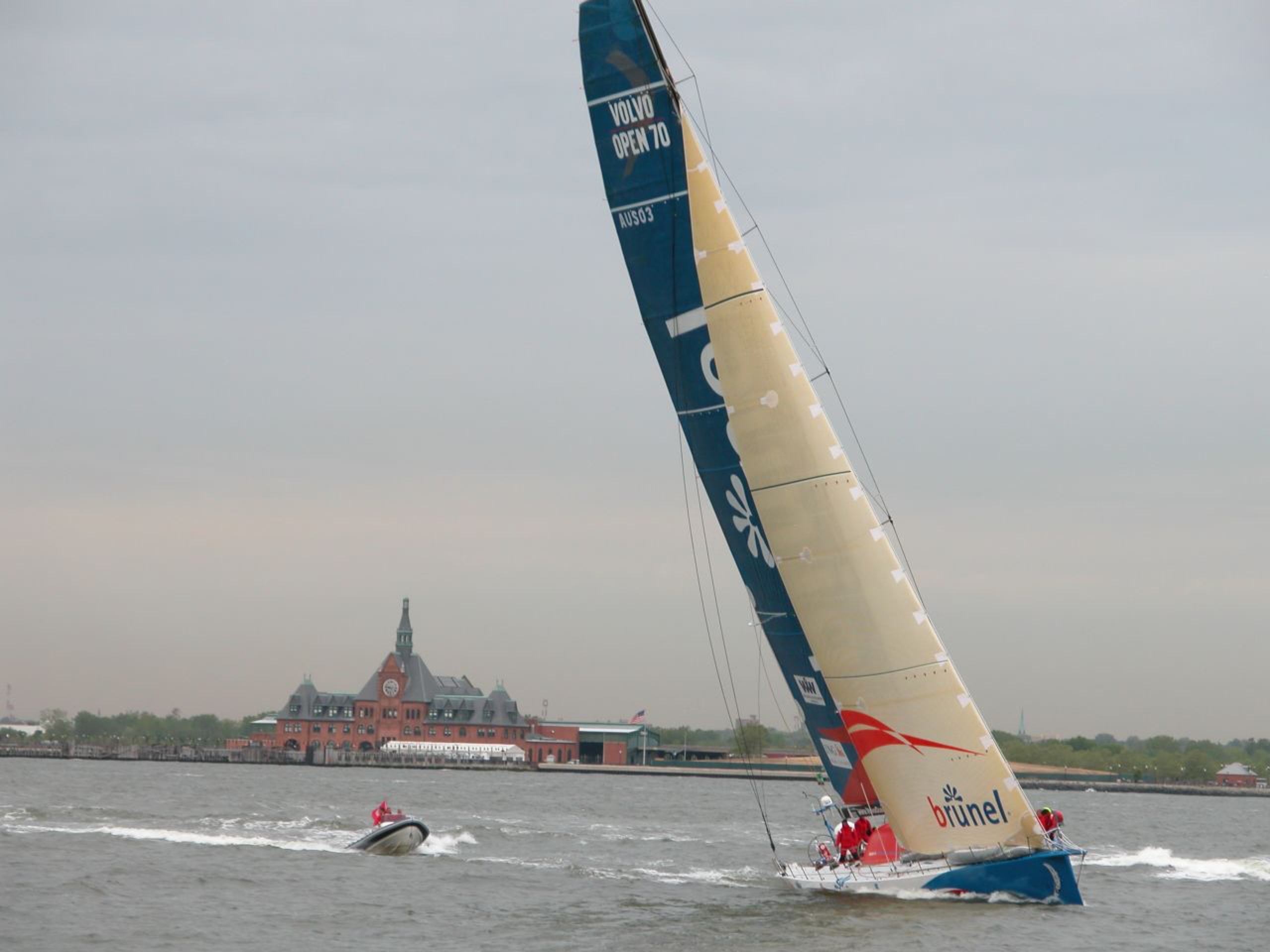
Brunel in the Volvo Ocean Race
The challenge, excitement, and teamwork associated with sailing are all elements found in Brunel’s company culture. In 2005, Brunel sponsors the underdog Australian team at the Volvo Ocean Race. Once again, Brunel receives a lot of visibility. The arrival of the Brunel boat at the various stopovers is used to generate on-site publicity aiming at local clients, employees, and press. The arrival in Melbourne is a particularly high point. Apart from the Brunel team being Australian, Brunel has just landed a number of large assignments in Australia.
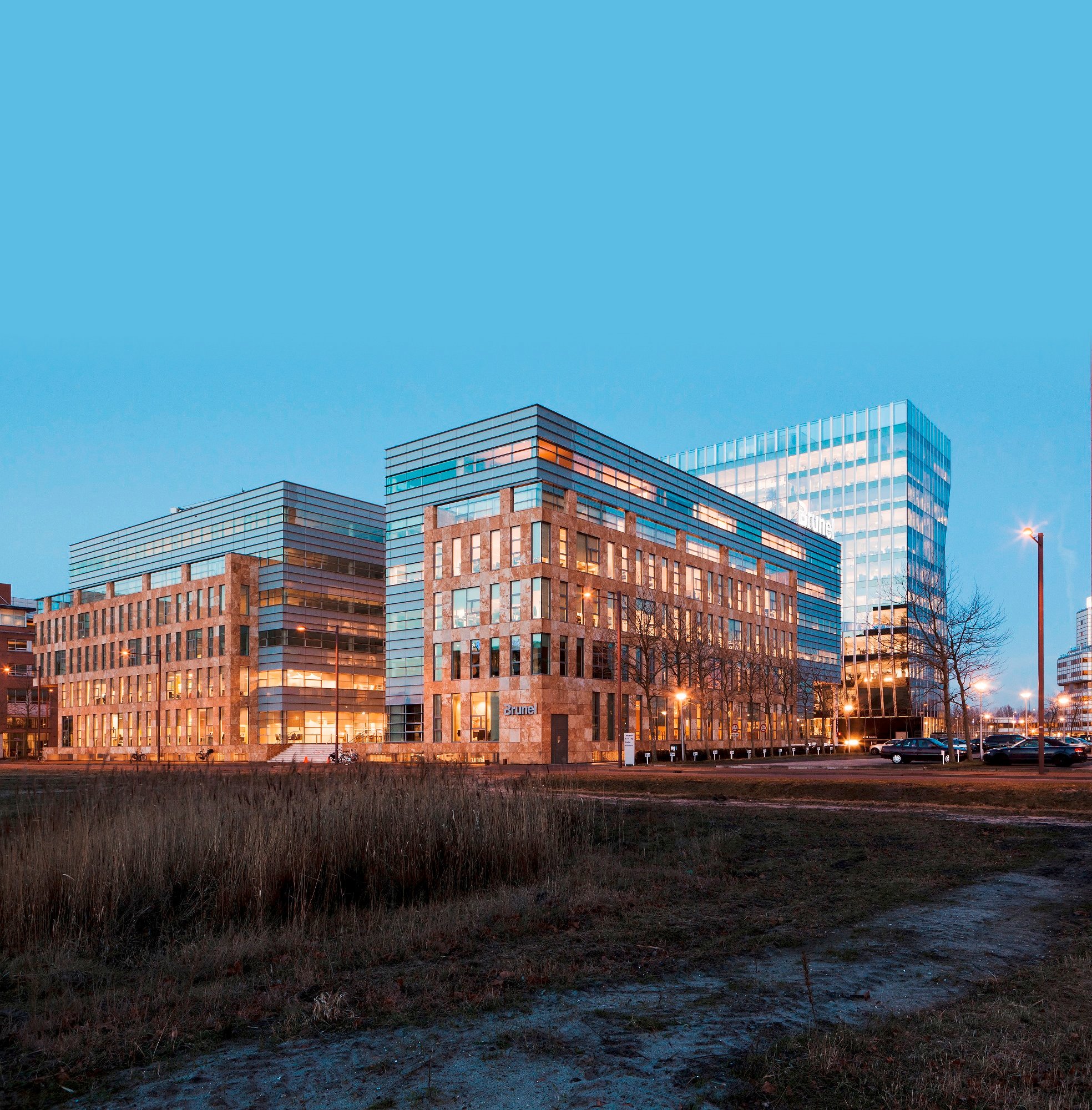
The new Amsterdam corporate office
As of 2010, Brunel is a business with an annual turnover of EUR 730 million, an EBIT of EUR 45 million, and an international network of 90 offices in 32 countries. Brunel’s ambitions are only increased by this success, and its team of 8.000 professionals is ready for the next challenge, starting with the latest form of service: Brunel Global Professionals. Looking to the future in every aspect of the company, Brunel moves in this year to a new corporate headquarters. On the 19th of March, Brunel’s new offices are officially opened by Jan Brand, founder and major shareholder, and Jan Arie van Barneveld, CEO of Brunel International.
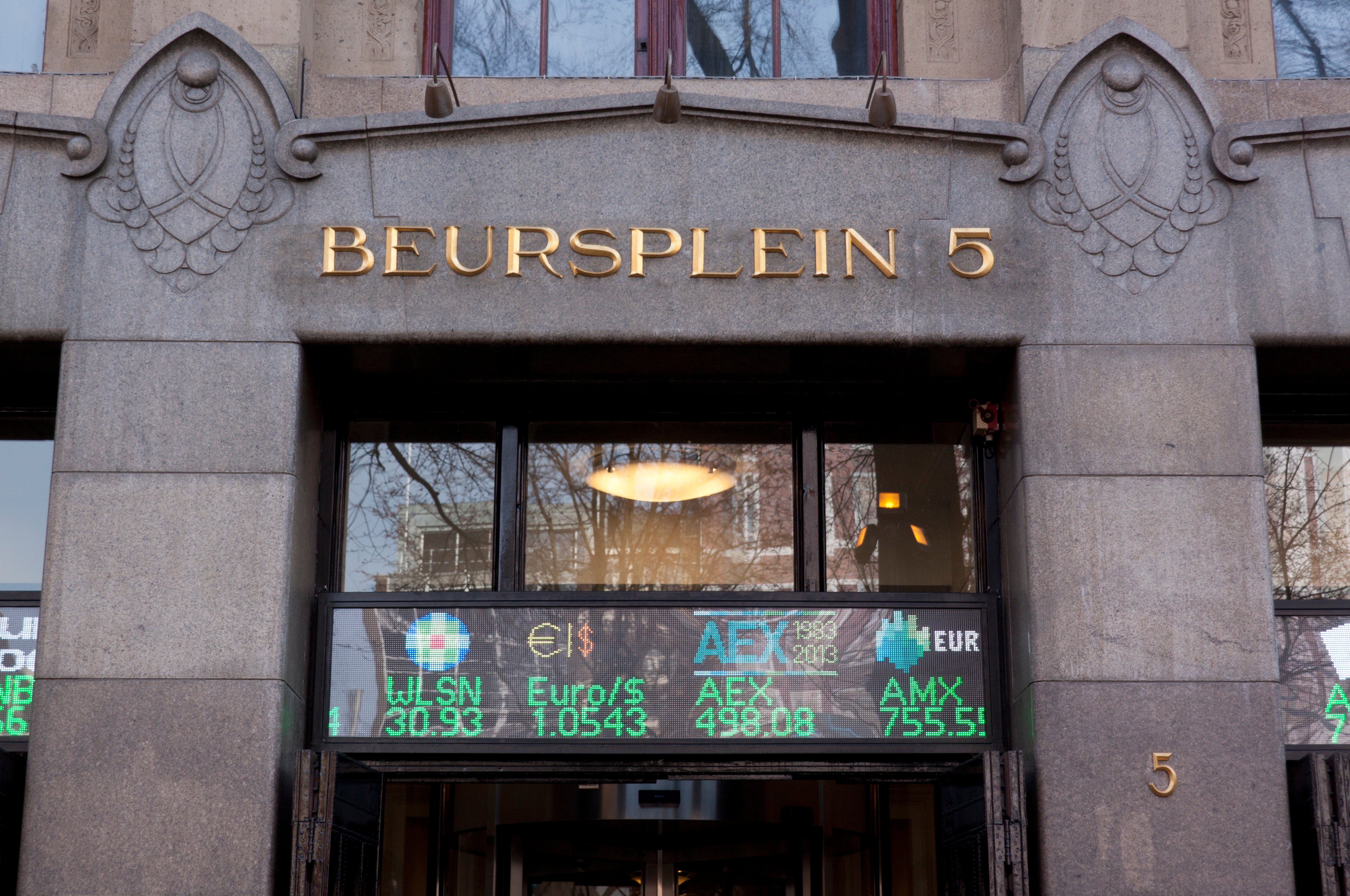
NYSE Liffe
On the 5th of April, 2011 trading in options on the shares of Brunel International N.V. start on NYSE Liffe, the Europe-based derivatives business of NYSE Euronext.
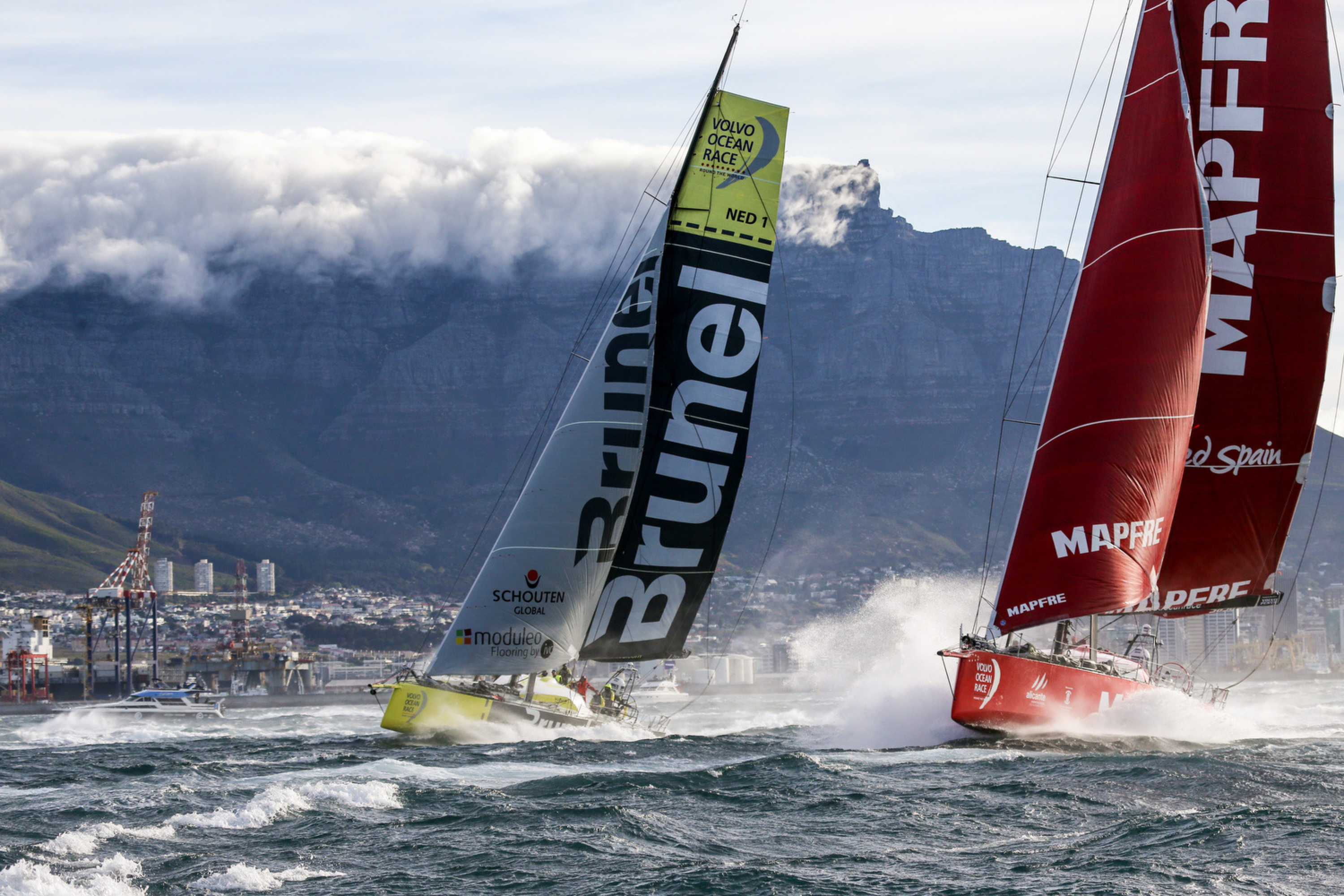
Volvo Ocean Race sponsorship
On the 3rd of December, 2013 Brunel International N.V. announces it will be the main sponsor of a Dutch team in the 2014-15 Volvo Ocean Race (formerly the Whitebread Round the World Race), which Team Brunel would finish in second place. In the 2017-2018 edition of the race, Brunel would again sponsor a Dutch team, but also become the Official Human Resources Partner of the event. In that year’s race, Team Brunel would again reach the podium; they would receive bronze in a race of special significance, as the finish line was in the Dutch city of The Hague.
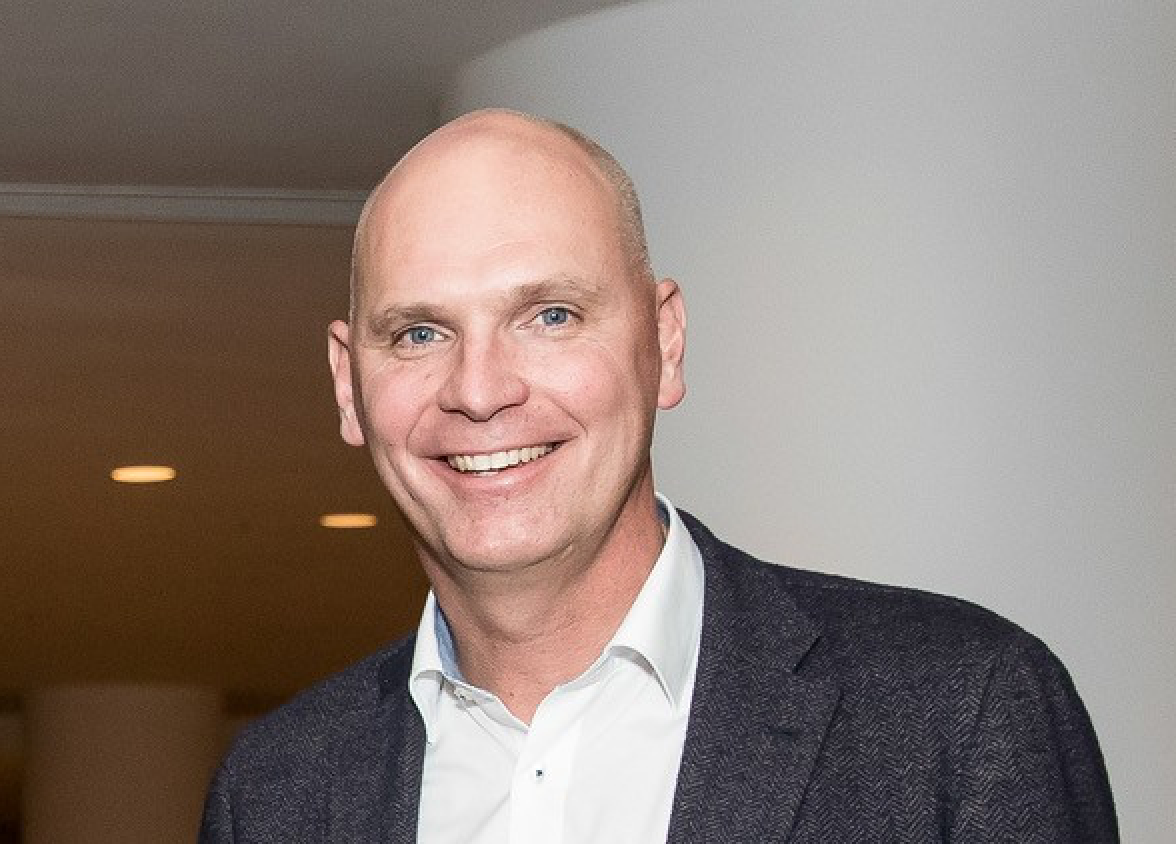
Jilko Andringa appointed CEO
In late 2017, Jilko Andringa is appointed CEO at Brunel. On the 1st of March, 2018 he takes over the role previously held by Jan Arie van Barneveld. With over 20 years' international experience in our field, Jilko is ready to begin a new phase with Brunel. He looks to continue following our firmly-rooted cultural values: entrepeneurship, result-driven, integrity en passion for people.
.jpeg?h=1300&iar=0&w=2000)
Brunel celebrates its 45-year anniversary
Back in 1975, on July 1st, Jan Brand created Multec. Looking back at the rich and successful history, it should be concluded that being around for 45 years is no small feat and one that strengthens Brunel's reputation amongst current and future clients, specialist and colleagues.

Brunel x Taylor Hopkinson
Towards the end of 2021, Brunel joined forces with Taylor Hopkinson, a trusted recruitment partner to renewable energy leaders. By connecting Brunel’s extensive global footprint with Taylor Hopkinson’s deep sector knowledge, network and track record, Brunel can set a new benchmark for service and quality within the full life cycle of renewables projects.
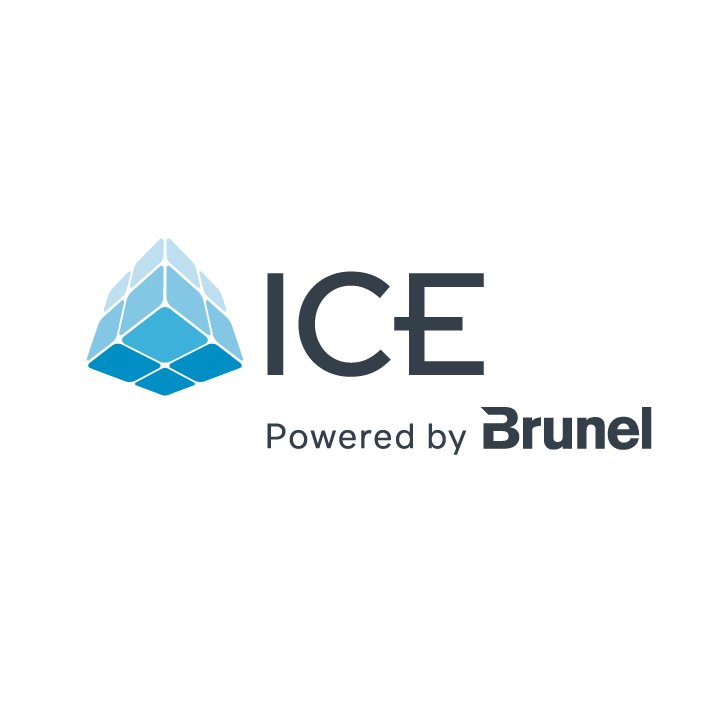
Brunel x ICE
In 2022, Brunel teamed up with International Commissioning & Engineering Pte Ltd (ICE); a Singapore-based technical service company specialising in large scale project management and delivery. By combining ICE’s expertise and Brunel’s global network of specialists, the alliance is uniquely capable of delivering project solutions while simultaneously supplying the specialist workforces needed to execute them.
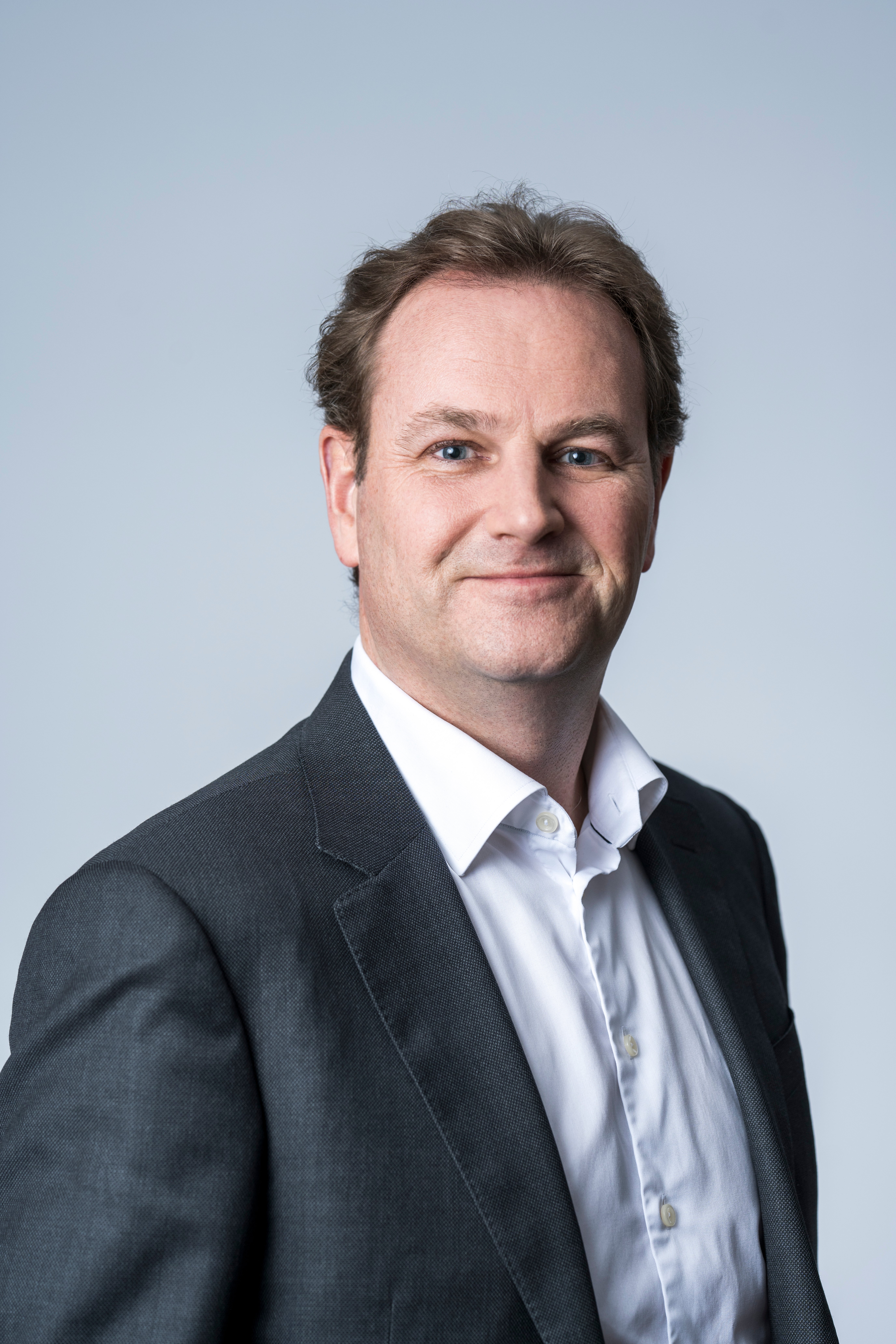
Peter de Laat appointed CEO
In August 2024, the Supervisory Board appointed Peter de Laat to take over from Jilko Andringa as CEO of Brunel on October 1, 2024.
De Laat joined Brunel in 2012 and became Chief Financial Officer in 2014. He had previously worked for sixteen years with Deloitte Accountants, where he was responsible for auditing Brunel. He therefore brings an extensive knowledge of and broad experience with the Brunel business to the CEO position.